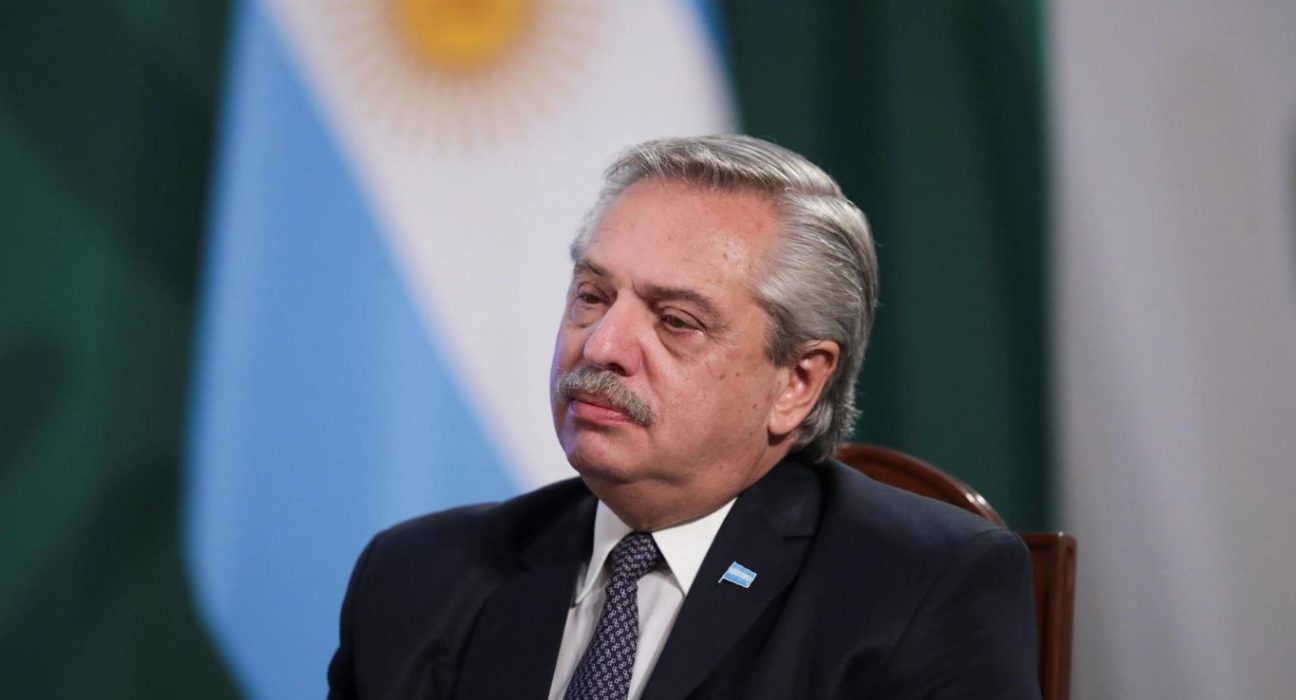Introduction
Argentina’s President Alberto Fernandez, along with a vocal group of protesters in Buenos Aires, has taken a firm stance against the International Monetary Fund (IMF). The country faces a multitude of economic hurdles, including a staggering inflation rate of almost 109% and a decline in dollar reserves. In an effort to alleviate its economic crisis, Argentina had previously entered into a $57 billion program with the IMF in 2018, under the leadership of former conservative leader Mauricio Macri. However, that program failed, leading to a subsequent $44 billion deal struck last year. This article delves into the latest developments, the strained history between Argentina and the IMF, and the ongoing efforts to find a solution.
Historical Background and IMF Relations
Argentina has had a tumultuous history with the IMF, marked by periods of cooperation, disagreements, and economic turbulence. In the late 20th century, the country faced a severe financial crisis, resulting in its largest-ever debt default in 2001. In the aftermath, Argentina sought assistance from the IMF, leading to the implementation of stringent austerity measures that deeply impacted the country’s economy and population. These measures fueled public resentment towards the IMF, which has persisted over the years.
Economic Struggles Plague Argentina, Despite IMF Programs
Despite the implementation of IMF programs, Argentina continues to grapple with persistent economic challenges. The nation’s inflation rate has soared to nearly 109%, severely affecting the purchasing power of its citizens. Additionally, the country is experiencing a decline in its dollar reserves, further exacerbating its financial predicament. The previously agreed-upon $57 billion program in 2018, initiated by former President Macri, failed to provide the intended economic stability. Consequently, a new $44 billion deal was formulated in the subsequent year, which aimed to address Argentina’s pressing financial woes.
President Fernandez Challenges the IMF, Supported by Protesters
President Alberto Fernandez has emerged as a key advocate for renegotiating Argentina’s relationship with the IMF. He has voiced concerns about the IMF’s stringent austerity measures and their detrimental impact on the country’s population. Fernandez seeks to negotiate a more favorable agreement that considers the needs and well-being of the Argentine people. In Buenos Aires, passionate protesters have taken to the streets to express their solidarity with the president and demand a fairer resolution to the economic crisis. The protests serve as a visible manifestation of public discontent and a call for change.
Argentina’s Path Forward: Renewed Negotiations and Economic Recovery
Argentina’s government, under President Fernandez’s leadership, is actively engaged in renewed negotiations with the IMF. The aim is to find a mutually agreeable solution that alleviates the economic burden on the country while considering the well-being of its citizens. The discussions revolve around developing a revised program that offers more flexibility and considers Argentina’s unique economic circumstances. A successful negotiation could provide the country with the necessary tools to address its inflation and dollar reserve issues, fostering a path toward economic recovery.
Navigating Economic Challenges: Argentina’s Battle with Inflation and IMF Relations
Argentina finds itself at a critical juncture, grappling with soaring inflation and dwindling dollar reserves. President Alberto Fernandez, along with the support of passionate protesters, is taking a firm stance against the IMF’s historically contentious measures. The country’s complex relationship with the IMF, marred by economic turmoil and public discontent, is being reevaluated through renewed negotiations. With the hope of forging a more favorable agreement, Argentina aims to alleviate its economic crisis and pave the way for a sustainable recovery. As the discussions unfold, the future of Argentina’s economy and the well-being of its citizens hang in the balance.










